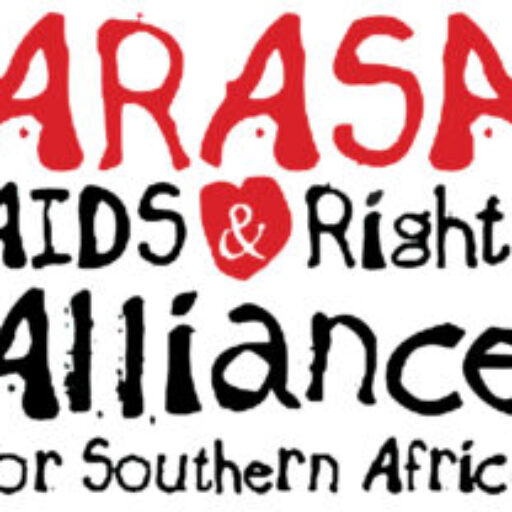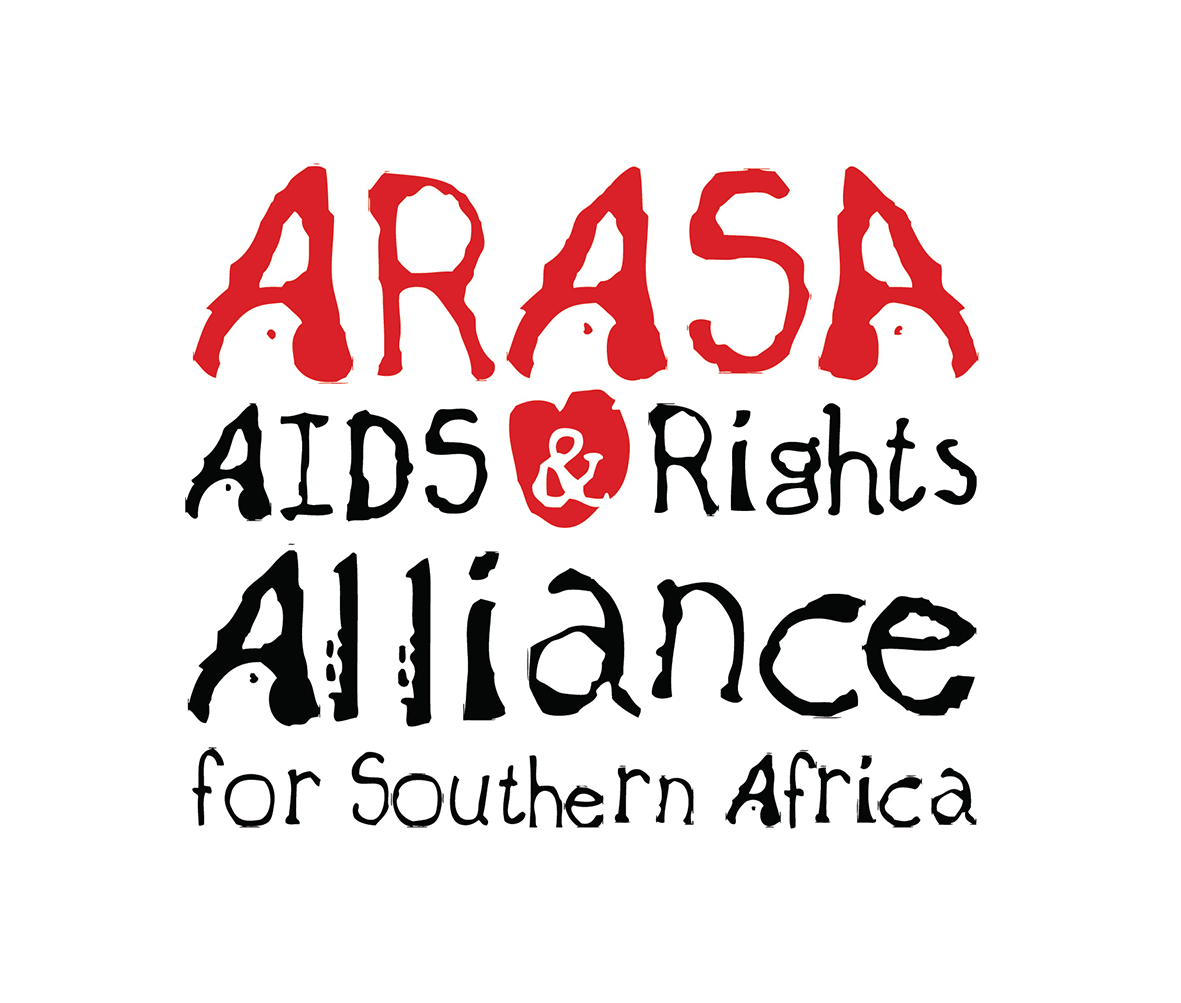










VISION
A healthy and just Southern and East Africa where everybody counts.
MISSION
To be a leading convener, space creator, advocate, and contributor for the establishment of socio-political and regulatory frameworks that contribute towards reduced HIV infections and promote sexual and reproductive health and rights and equality.
The AIDS and Rights Alliance for Southern Africa (ARASA) was established in 2003
As a partnership of like minded, progressive civil society organisations to galvanise a movement of civil society actors to advance a human rights-based response to HIV in Southern Africa. Since 2019, the partnership has been working to promote respect for and the protection of the rights to bodily autonomy and integrity (BAI) for all to reduce inequality, especially gender inequality, and to promote health, dignity, and wellbeing in East and Southern Africa (ESA). The organisation has grown immensely commencing
from five partner organizations at inception and currently works with 115 partners within 18 countries in East and Southern Africa (ESA). The organisation aims to strengthen and build a strong voice regarding Health Financing, HIV and TB prevention and Sexual Reproductive Health and Rights (SRHR) for the marginalised groups (in their diversities) mainly women, adolescent girls, people on the move, people who use drugs, and key populations. ARASA’s 2023-2028 Strategy is centred on Increased Capacity, Coordination and Accountability (ICCA) for Equality and dovetails with developmental megatrends which include climate change, digital divide and migration and their intersectionality with SRHR and human rights.
In March 2023, the ARASA Board of Trustees launched the ICCA for Equality new strategy
STRATEGIC
Guided by the Participation, Accountability, Non Discriminatory and Equality, Empowerment and Legality (PANEL) Principle, the Strategic Foundation in the 2023-2028 strategy will be as follows:
STRATEGIC
PILLARS
- Advocacy, SRHR, HIV, TB and health financing
- Governance and accountability
- Strengthening civil society voice
- Research, linking and learning
- To develop and implement integrated programmes that utilize ARASA’s strategic partnerships to ensure access to universal health, gender equality, reduced inequality, promotion of the voice of marginalised groups such as key populations, their dignity and well-being for sustainable development in Southern Africa
STRATEGIC
GOALS
- To invest in strong internal systems and improvement at all levels of the organisation, ensuring there are adequate resources and equip sta with new skills and knowledge to sustain change in the working practice, culture and organisational e ectiveness
- To enhance the ability of vulnerable, marginalised or excluded groups to challenge the status quo by amplifying their voices and building their capacity to define and prioritise their issues and to address and resolve them.

